We've been using Perplexity's Comet browser as our daily driver for months now, and it's genuinely good at what it does. Need to research competitor positioning? Want to synthesize a dozen analyst reports into a brief? Comet excels at understanding and synthesizing information. It can automate tasks too—it's not purely passive—but its agentic features feel like a useful add-on to what is fundamentally a research tool.
OpenAI's new ChatGPT Atlas browser, which launched yesterday on macOS, inverts that priority structure.
Atlas is action-first by design. Where Comet's primary question is "what do you want to know?" with automation available when needed, Atlas asks "what do you want done?" and provides knowledge as supporting context. It's positioning itself as an action layer that sits between your intent and its completion, with search and synthesis in service of that goal. You tell it to order groceries for that recipe you're viewing, and it opens Instacart, adds the items, and completes the purchase. You ask it to book a dinner reservation while you're reading restaurant reviews, and it handles the entire transaction without you leaving the page.

If you are working in e-commerce or customer experience, this should ring the alarm bells.
The browser has always been where intent happens—you research, compare, and eventually convert. But that process has historically been messy, requiring users to bounce between tabs, copy information, and manually complete forms. Atlas is betting that collapsing this friction is more valuable than helping you research better. Its Agent Mode doesn't just understand context; it executes on it.
The immediate implications for marketers are obvious but worth stating: you need to be optimizing for agentic accessibility—can an AI acting on someone's behalf complete a transaction with you seamlessly?
If your checkout flow is clunky, if your site doesn't play nice with automated agents, you might as well not exist. And unlike traditional SEO where you could at least monitor rankings, here the entire interaction happens behind the scenes until the transaction completes.
The harder question is whether people actually want their browser to do things versus just know things.
There's something unsettling about delegating purchasing decisions to an AI, even when you've given explicit instructions. OpenAI is betting that convenience wins, and they're probably right—but the adoption curve will tell us whether that win is a landslide or a long, slow climb.
— Torsten & Peter
We’ve just published a new workshop for our Pro members about using OpenAI’s Agent Builder.
In the video walkthrough, we build a sales enablement agent that taps into your company’s knowledge base, collects all the product information and case studies relevant to a lead, and even proposes follow-up questions your sales rep can ask on the discovery call.
Companies routinely pay thousands of dollars for such sales enablement tools. We show you how to build it in 20 minutes.
Click here to upgrade to Pro and get access to all existing and future video workshops, dozens of prompt templates, resources, and more.
Field Note: The 3-Hour Market Research Stack
A CMO friend giggled when we told her we now do full market landscape research in an afternoon. Two weeks of analyst work — gone. No freelancers, no endless slides. Just three tools and a bit of structure.
We call it the DIG Method:
Discovery — map the landscape fast with Gemini.
Investigation — dig deeper with ChatGPT to surface human truth.
Groundwork — tap Manus for the tactical layer: influencers, channels, subreddits.
That mix turned what used to be chaos into clarity. One loop, one day, start to strategy.
AI doesn’t just speed up research — it connects the dots between what’s happening, why it matters, and who to talk to next.
→ Inside Pro: Full DIG Method playbook + ready-to-use prompt pack for Gemini, ChatGPT, and Manus. Click here to upgrade.
Find your next winning ad creative in seconds with AI
Most AI tools promise you thousands of ads at the click of a button. But do you really need more ads—or just better ones?
Kojo helps you cut through the noise. We analyze your paid social data to uncover the ideas with the highest chance of success. Then, our AI predicts which concepts will perform best, so you don’t waste budget testing what won’t work.
Instead of drowning in endless variations, Kojo sends your best idea straight to a real human creator who makes it engaging, authentic, and ready to win on social. The entire process takes less than 20 seconds, giving you certainty before you spend and better performance without the waste.
Why gamble on guesswork or settle for AI spam when you can launch ads proven to work, made by people, and backed by data?









